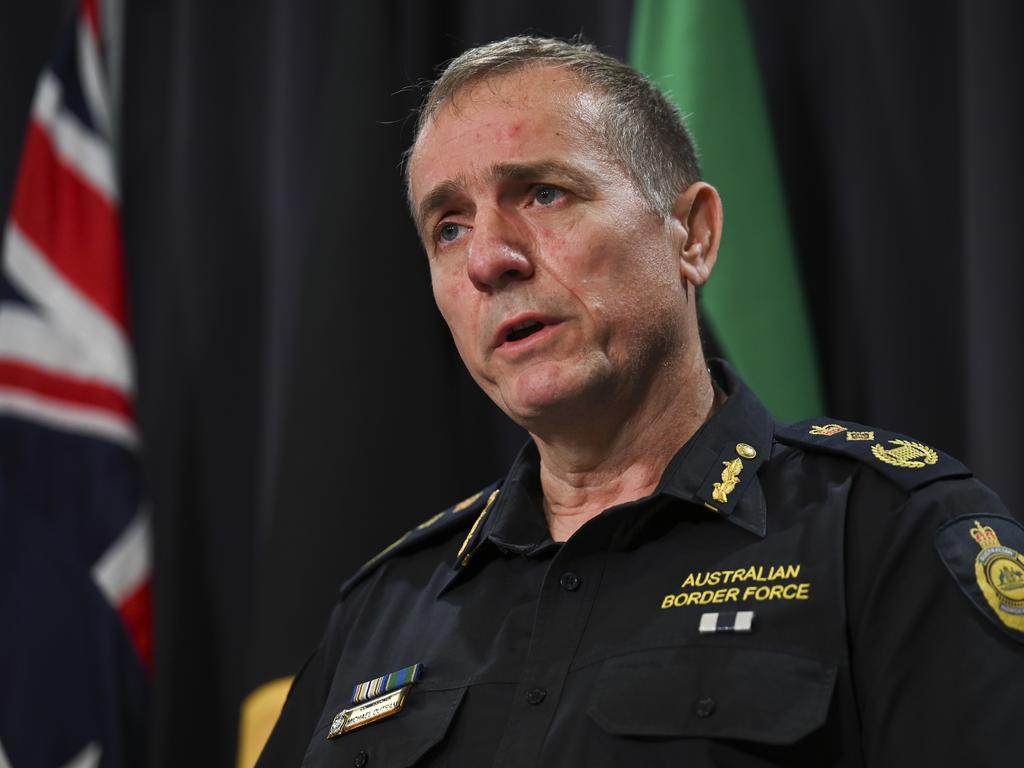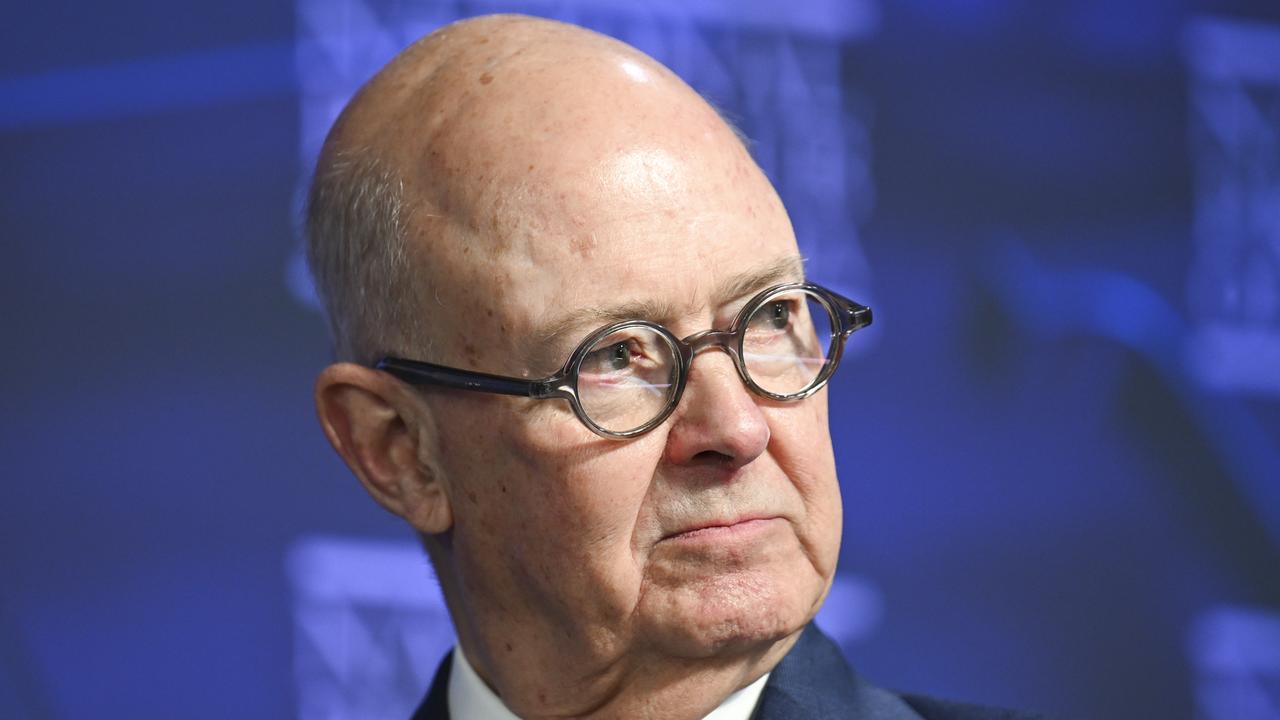How to attract a better class of pollie
The PM is one of the highest paid democratic leaders in the world while backbenchers earn a base wage of $225,000 ... but this is low compared with business leaders. Should we be paying more?
Australians lament the quality of our MPs, but as the saying goes: you pay peanuts, you get monkeys.
Not that federal MPs earn peanuts – the base salary for backbenchers is $225,000 a year, more than three times the average Australian wage. And that’s before pollie perks are included. Plus salaries go up if backbenchers chair committees or if they move into the ministry or shadow ministry.
Anthony Albanese’s base salary is a tick under $600,000, which makes the Prime Minister one of the highest paid democratic leaders in the world. But heads of government departments earn between two and three times what the ministers they report to earn, and some political advisers make more than backbenchers.
Then there is the private sector comparison; executives and partners often earn well above what politicians make. As politics transitions into more of a vocation than a calling, private sector comparisons arguably become more meaningful. But do politicians deserve to earn what senior business leaders do? In terms of the demands of the job, certainly. But you could say that about all manner of lower-paid professions.
The simple fact is that a career in politics is attractive to many because of the power, influence and status that come with it. The money matters less, which usually isn’t the case for those pursuing a career in business.
Business leaders have some power, influence and status, but the money is the real driver behind career decision-making.
A key reason MPs don’t earn more is because they are public servants, and unlike department heads their roles aren’t analogous to executive roles in business. One of the side effects of the rise and rise of public-private partnerships and the outsourcing of public sector work to private organisations is the recurring transfer of personnel between these professions. The skills a politician develops are somewhat different, which is why so few successfully make the transition into business after their parliamentary career, beyond serving as conduits to the political world.
To be sure, some wannabe MPs chase a career in politics because they truly believe they can make a difference for their local community or the nation at large – a form of naive egoism in the case of newly minted MPs with no background in party or parliamentary politics before their arrival.
At one level, if egomaniacs are willing to serve as politicians for less than what other professions earn, as taxpayers we should take advantage of that. No need to raise salaries if demand doesn’t require doing so. Would we get better politicians if we paid them more, or simply pay more to those already wanting a career in politics? Without reform to preselection systems and the various turn-offs a political career entails, the latter is more likely to be the case.
While money isn’t necessarily the motivator you want for someone to go into politics, as it stands it is certainly a barrier to entry for some. Anyone earning much higher wages outside of politics, with a family and a mortgage, may not be able to make the transition without substantial lifestyle changes. Not that high-priced executives are purpose-built for a successful career in politics. Most are not.
Even if higher salaries did attract better talent into federal politics, the bigger barrier to widening the gene pool is the impost a political career has: unwanted media scrutiny, including of one’s family, the hours that need to be worked and the time away from home are just the beginning. Spending half the year in Canberra for sitting weeks is ridiculous in the modern technological age. You also have to love the irony of a government that legislates the right of employees to disconnect after hours simultaneously presiding over parliamentary sittings well into the evening, sometimes into the early hours of the morning.
All of the above is the burden MPs bear before even considering the uncertainty of re-election and the trite dealings with party members they can’t avoid. Political party memberships are declining, making those who continue to be involved a rather special subsection of our community. And this is not even the worst part of what MPs need to do.
Imagine needing to spend a huge chunk of your working life fundraising to keep your job.
Raising political donations is a core requirement for marginal and safe seat holders alike: the former to save themselves, the latter to fund marginal seat MPs to help their party win the overall numbers needed to get into (or stay in) government. If you fail. you endure the political equivalent of a public execution, answering questions in front of the cameras on election night.

Former treasurer Joe Hockey belled the cat on the unwanted task of political fundraising years ago when he exclaimed that no MP wanted to fundraise but everyone must. He also noted at the time that conspiracy theories that donors got special treatment was rubbish, describing the process as one of the best two-card tricks going around: take the donor’s money, then do what you want anyway in the policy space affecting them. That may not be what donors want to hear but it is good news for anyone interested in proper process.
When lamenting the job politicians must do and the salaries they make, it is worth remembering that they still earn well above the average wage in this country, which is about $70,000 – a window into why Labor broke its promise on stage three tax cuts, perhaps.
But it is also worth remembering that we get the politicians we deserve. If voters want better quality MPs they need to support a system that rewards vision and leadership. The media also needs to lift its game when reporting on politics, so that its coverage ceases to be a turn-off to a wider pool of potential MPs. And, most important, the parties need to become less myopic. Preselecting candidates well in advance of elections might put them in the field early to off-set the incumbency advantage sitting MPs enjoy. But it also rules out anyone with a serious nonpartisan job from running for office, and we don’t have enough of these people in the parliament.
Peter van Onselen is a professor of politics and public policy at the University of Western Australia and Griffith University.







